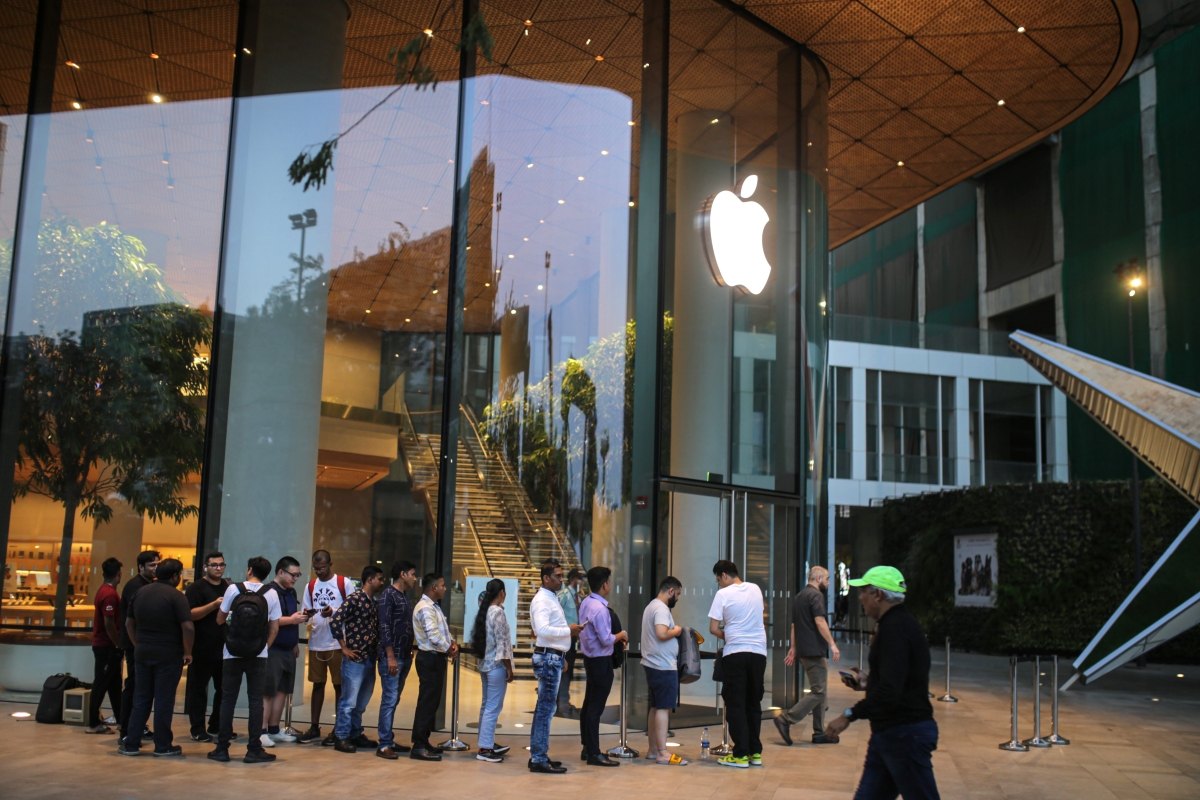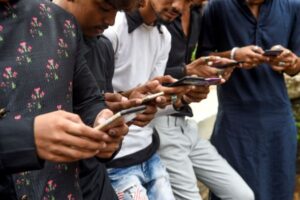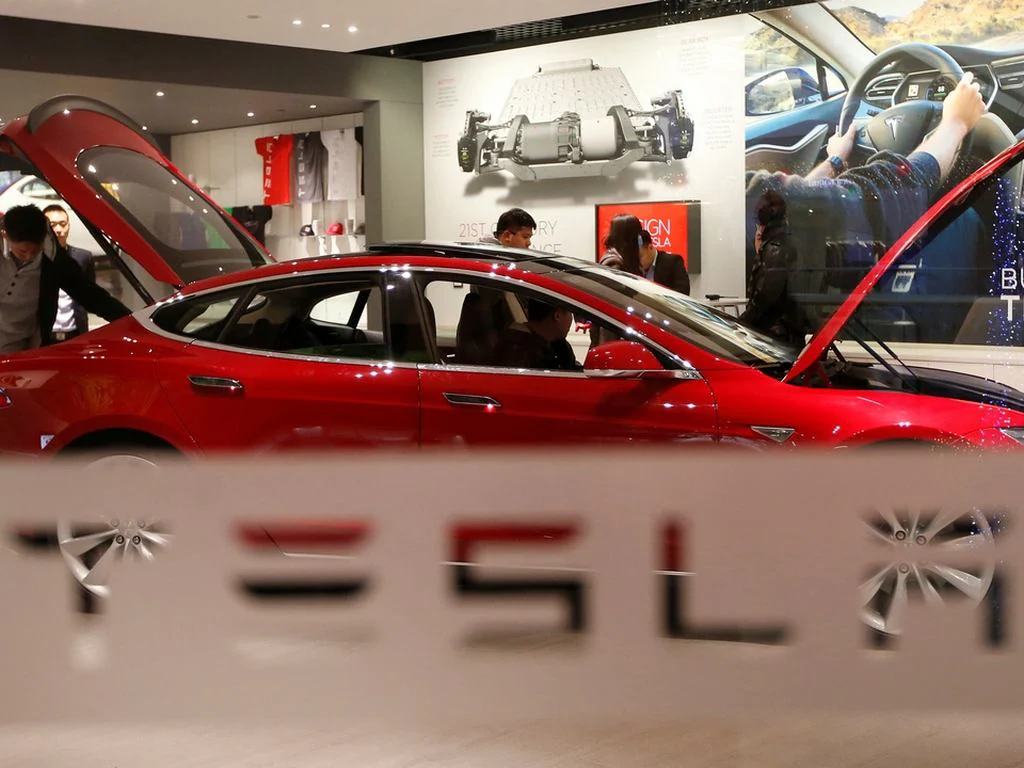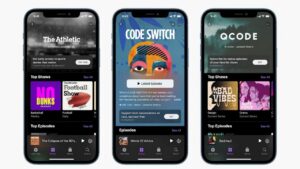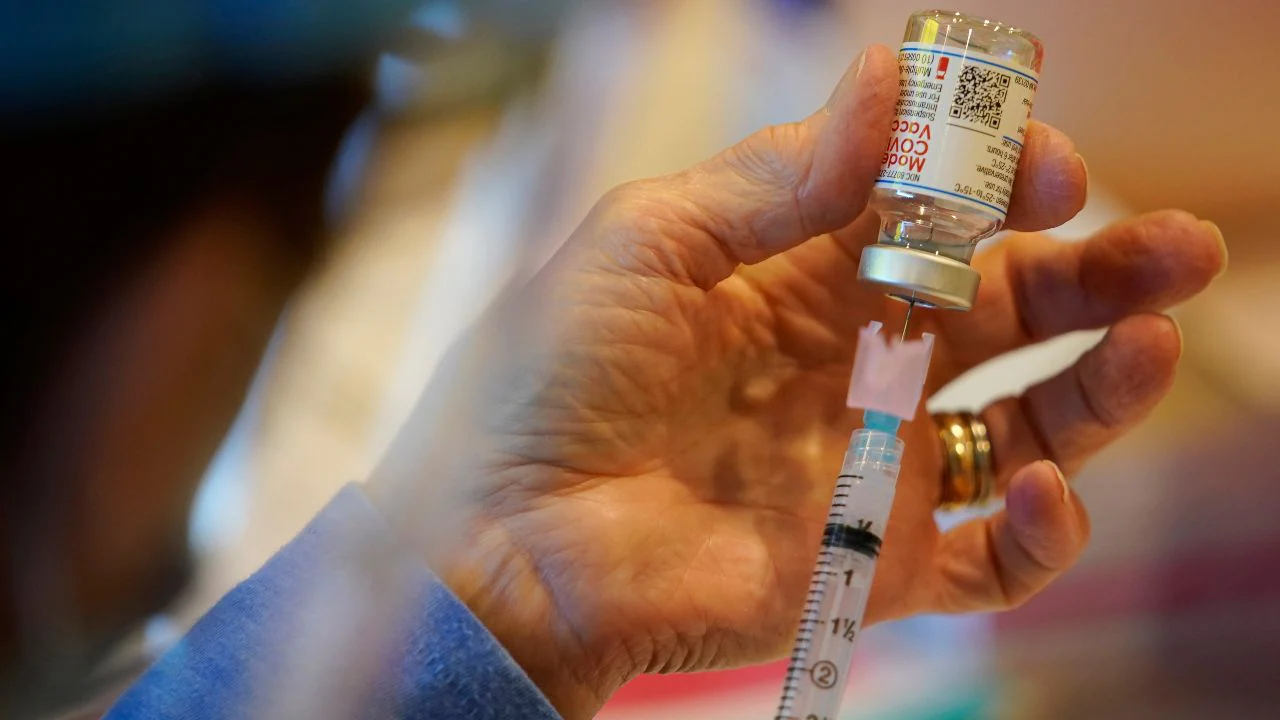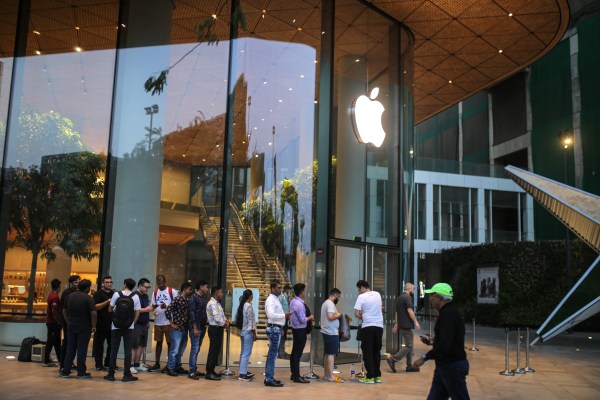
Apple is making headlines this week as it opens its first retail store in India, a significant milestone roughly 25 years after entering the South Asian market. CEO Tim Cook is visiting the country, planning meetings with prominent business leaders, including Reliance’s Mukesh Ambani and Tata Group’s Natarajan Chandrasekaran, as well as Prime Minister Narendra Modi.
Apple provided an early look at its BKC store in Mumbai to a group of over a dozen bloggers flown in for the occasion. The store officially opens its doors to customers today, with a second retail location scheduled to open in New Delhi on Thursday.
The establishment of Apple’s first retail stores and the company’s increased efforts to assemble iPhones and other products in India underscore the importance of the South Asian market to the Cupertino-based tech giant. According to JP Morgan analysts, Apple is expected to expand its manufacturing capacity in India to produce 25% of all iPhones by 2025.
The company’s increased production is already beginning to pay-off. Apple exported more than $5 billion worth of smartphones from India, nearly half of all the exports from the country, in the financial year that ended in March, according to industry analysts.
“At Apple, our mission is to enrich lives and empower people around the world,” said Cook said in a statement Monday. “India has such a beautiful culture and an incredible energy, and we’re excited to build on our long-standing history — supporting our customers, investing in local communities, and working together to build a better future with innovations that serve humanity.”
However, the benefits of these initiatives have yet to be fully realized by one crucial stakeholder: Apple’s customers.
Despite local iPhone assembly and the company’s contract partners reaping the rewards of New Delhi’s generous incentives, Apple products, including the iPhone, remain prohibitively expensive in India.
Take the base model iPhone 14 Pro as an example. It is priced at $999 in the U.S. but retails for over $1,550 in India. Official iPhone cases are similarly priced to some of the country’s top-selling Android smartphones.
Several popular Apple services, such as News+, Fitness+, and Apple Pay, remain unavailable to Indian consumers. The recently launched Apple Card and its accompanying savings account feature in the U.S. are also absent from the Indian market. Apple Maps and Siri offer fewer features to Indian customers.
The reality is that millions of Indian consumers continue to purchase Apple products despite feeling like second-tier customers. While Tim Cook’s visit to India every five years is a noteworthy event, it has yet to bring about substantial change for the country’s Apple enthusiasts.

